Authorities in Dehradun have sealed 11 madrasas following a directive from the district administration on February 28, citing their failure to register with the state madrasa board or the education department. This action is part of a broader initiative to ensure educational institutions adhere to legal and regulatory standards.
In January, prior to local body elections, the state government initiated a verification drive to assess the compliance of madrasas across Uttarakhand. Data from this drive revealed that in Dehradun district, Sadar Dehradun tehsil had 16 unregistered and eight registered madrasas; Vikasnagar tehsil had 34 unregistered and 27 registered; Doiwala had one registered and six unregistered; and Kalsi had one unregistered madrasa. These findings prompted the district administration to take decisive action against non-compliant institutions.
Dehradun District Magistrate Savin Bansal stated that the sealing orders were executed after thorough inspections confirmed the institutions’ lack of proper registration. “After the inspection, a few madrasas complied and registered with the departments. After raids were conducted following a DM order on February 28, we sealed nine madrasas after violations were found,” Bansal noted.
The crackdown has elicited strong reactions from the local Muslim community. Muslim groups staged protests in the city, asserting that the sealing of madrasas without prior notice or explanation is unjust. Naeem Qureshi, President of Muslim Sewa Sangathan, argued, “No recognition is required to operate a madrasa. The sealing is illegal because no order or notice was given to the managers of the madrasas before they were sealed. They have not explained the grounds.”
In response to these concerns, Mufti Shamoom Qasmi, chairman of the Uttarakhand Madrasa Board, emphasized the importance of integrating modern education within religious institutions. He stated, “The madrasas need to comply with norms, and the children should be allowed to follow modernity. We have initiated the NCERT curriculum so they can get mainstream education along with religious education.” Qasmi further highlighted efforts to introduce subjects like Sanskrit, aiming to broaden students’ educational horizons.
Chief Minister Pushkar Singh Dhami has underscored the state’s commitment to regulating educational institutions. Following the district administration’s report identifying 57 unregistered madrasas in Dehradun, Dhami remarked, “Be it illegal madrasas or illegal encroachment, Devbhoomi Uttarakhand should not have either.” He emphasized the need to scrutinize the origins and funding sources of such institutions to ensure transparency and compliance with state regulations.
The verification drive extended beyond Dehradun. Reports indicate that over 200 unregistered madrasas have been identified across Uttarakhand, with concentrations in districts like Udham Singh Nagar, Haridwar, and Nainital. The state government has mandated thorough investigations into these institutions, focusing on their registration status, funding sources, and adherence to educational norms.
Law enforcement agencies, including the Local Intelligence Unit , are actively involved in this scrutiny. In Udham Singh Nagar, for instance, authorities have identified numerous unregistered madrasas. Senior Superintendent of Police Manikant Mishra commented, “These madrasas were not registered and were operating against norms.” He added that investigations are ongoing to trace funding sources and gather details about students from other states.
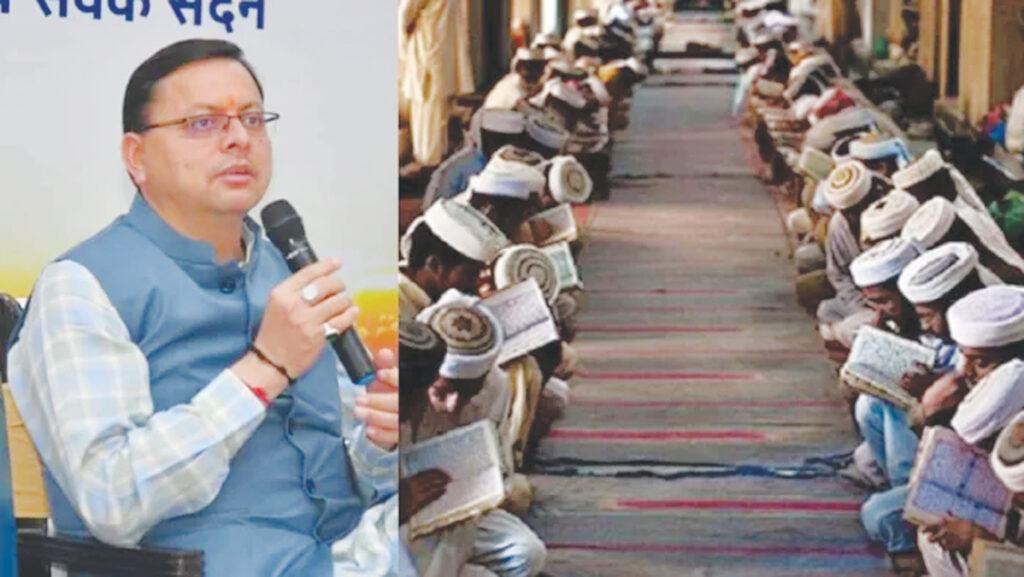
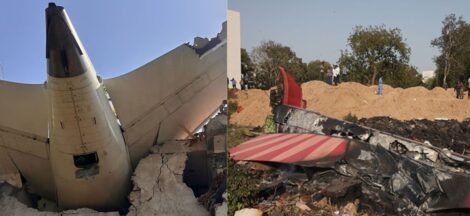
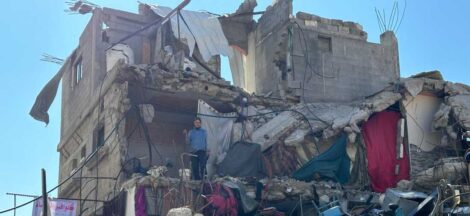
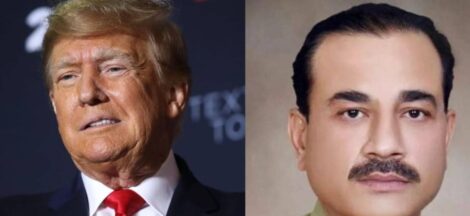
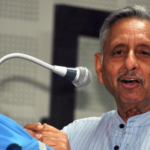 Aiyer gives BJP a big stick to beat Cong
Aiyer gives BJP a big stick to beat Cong 